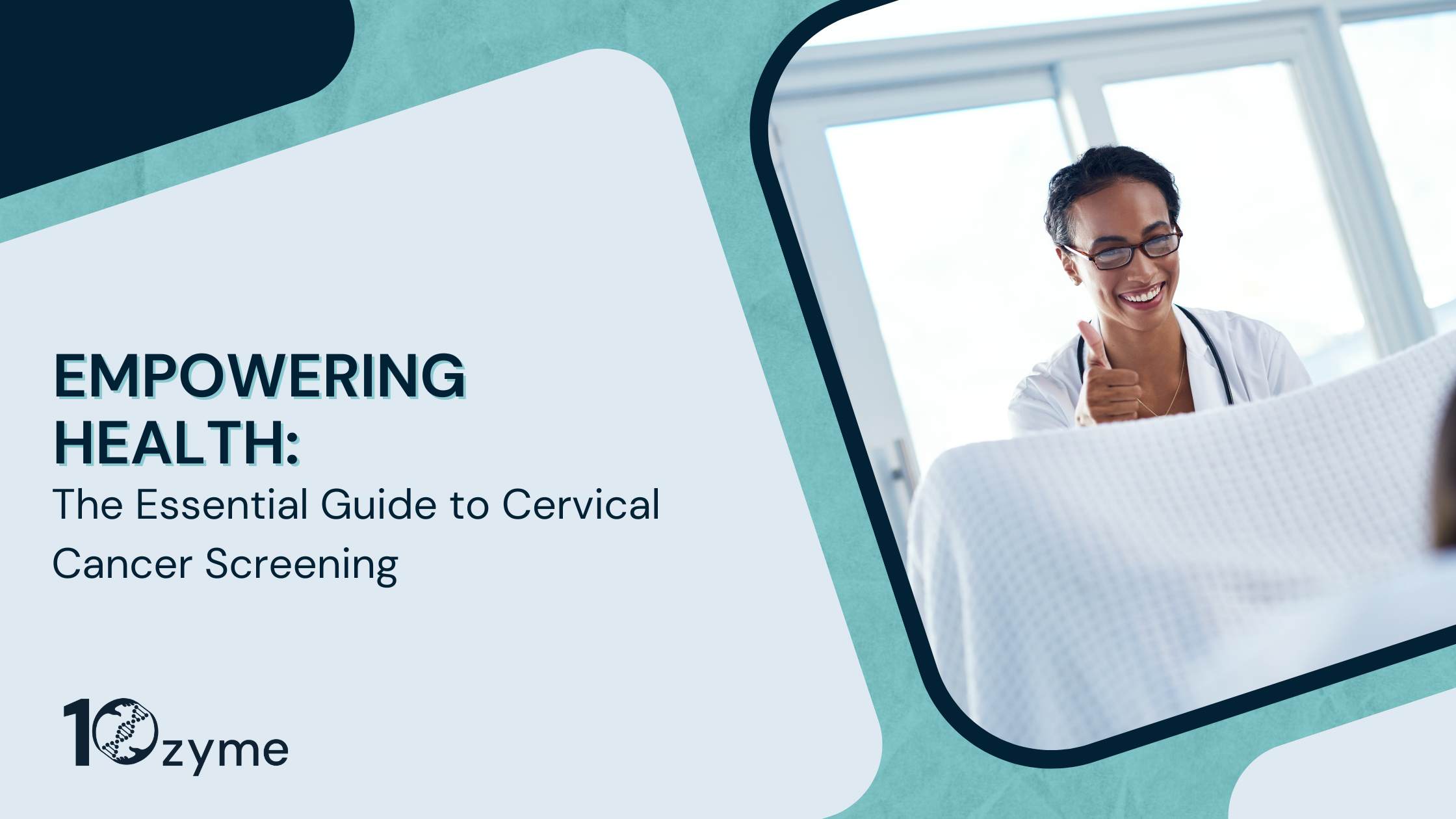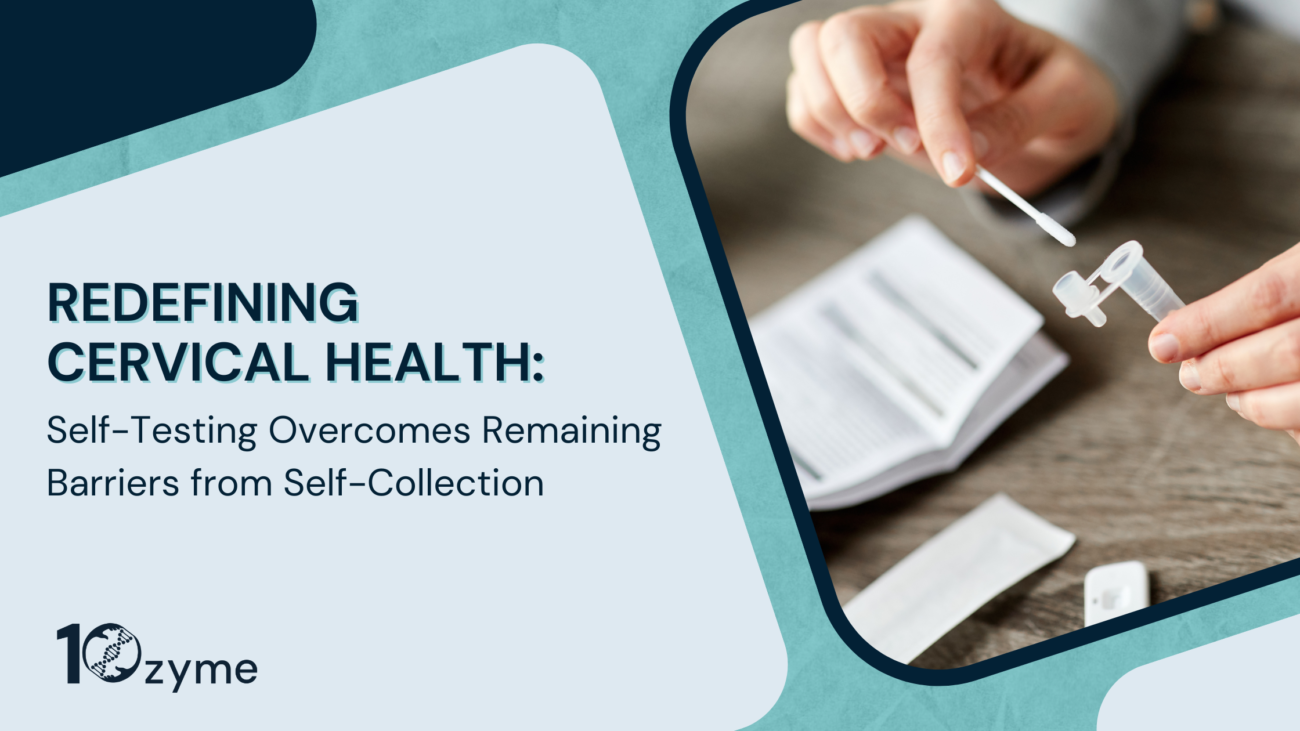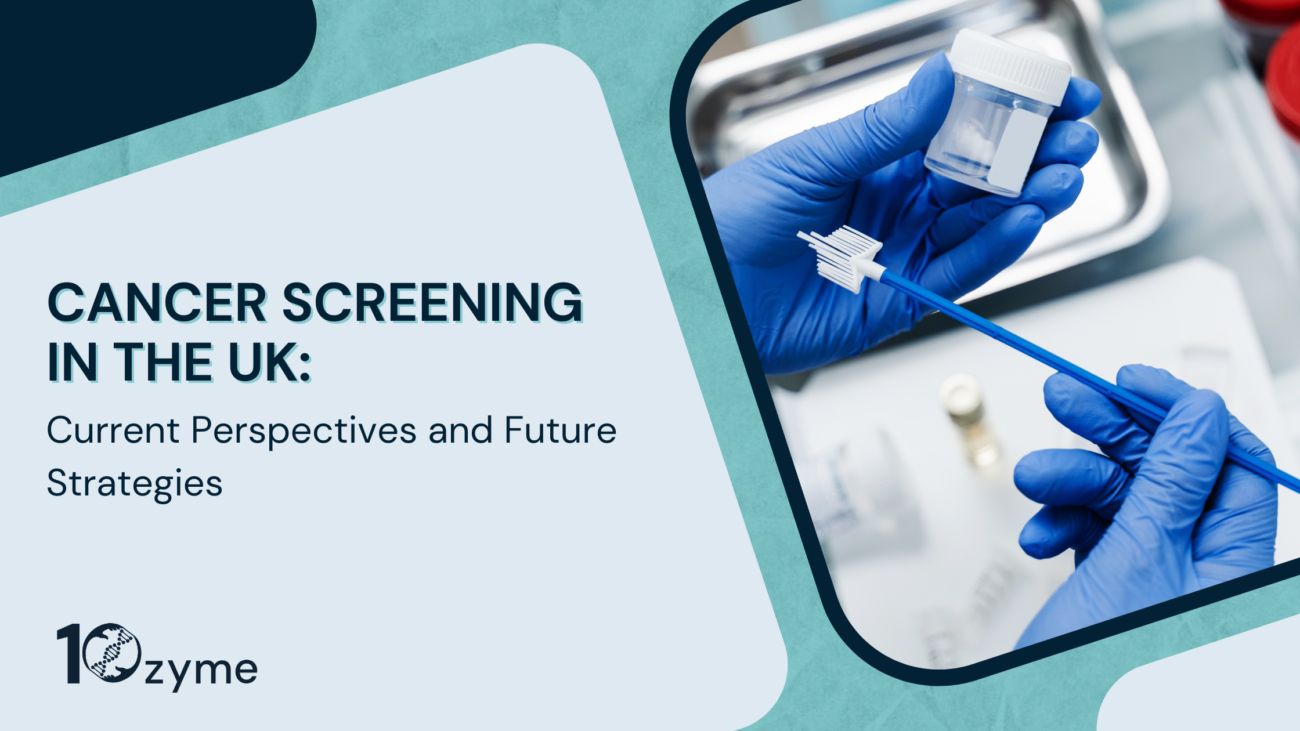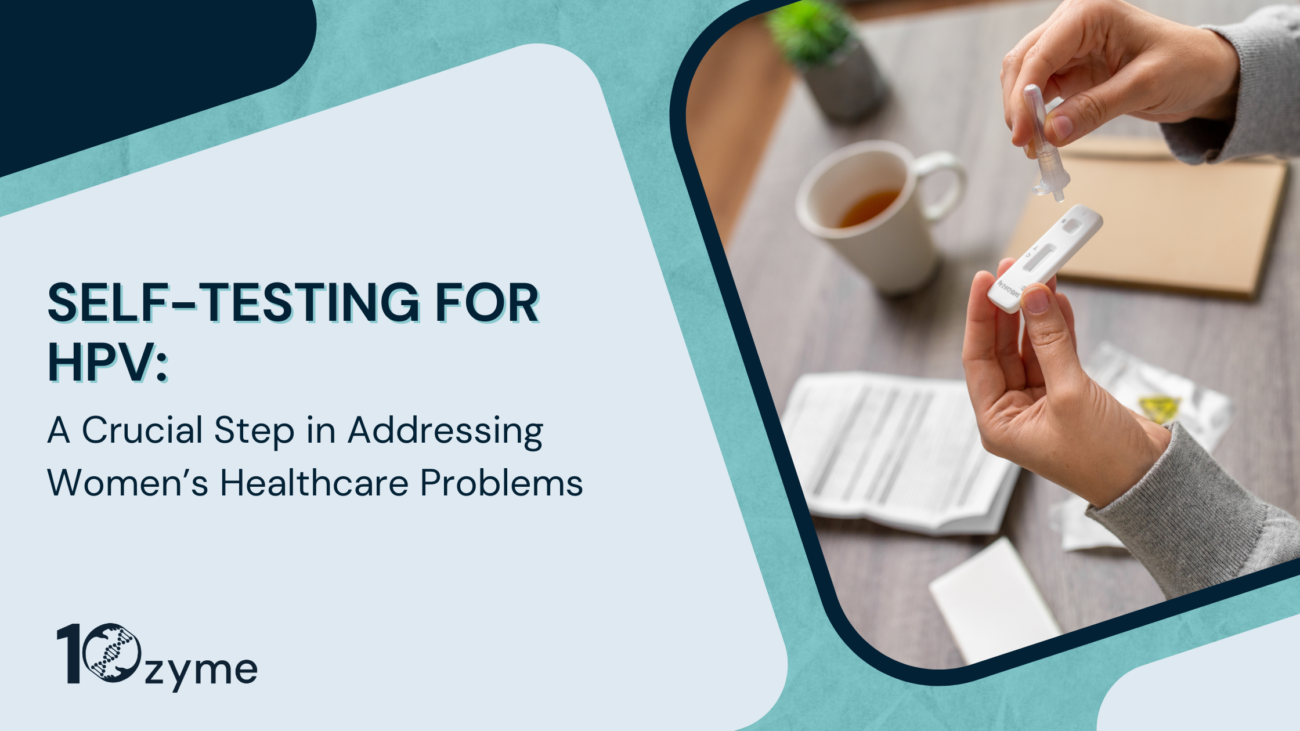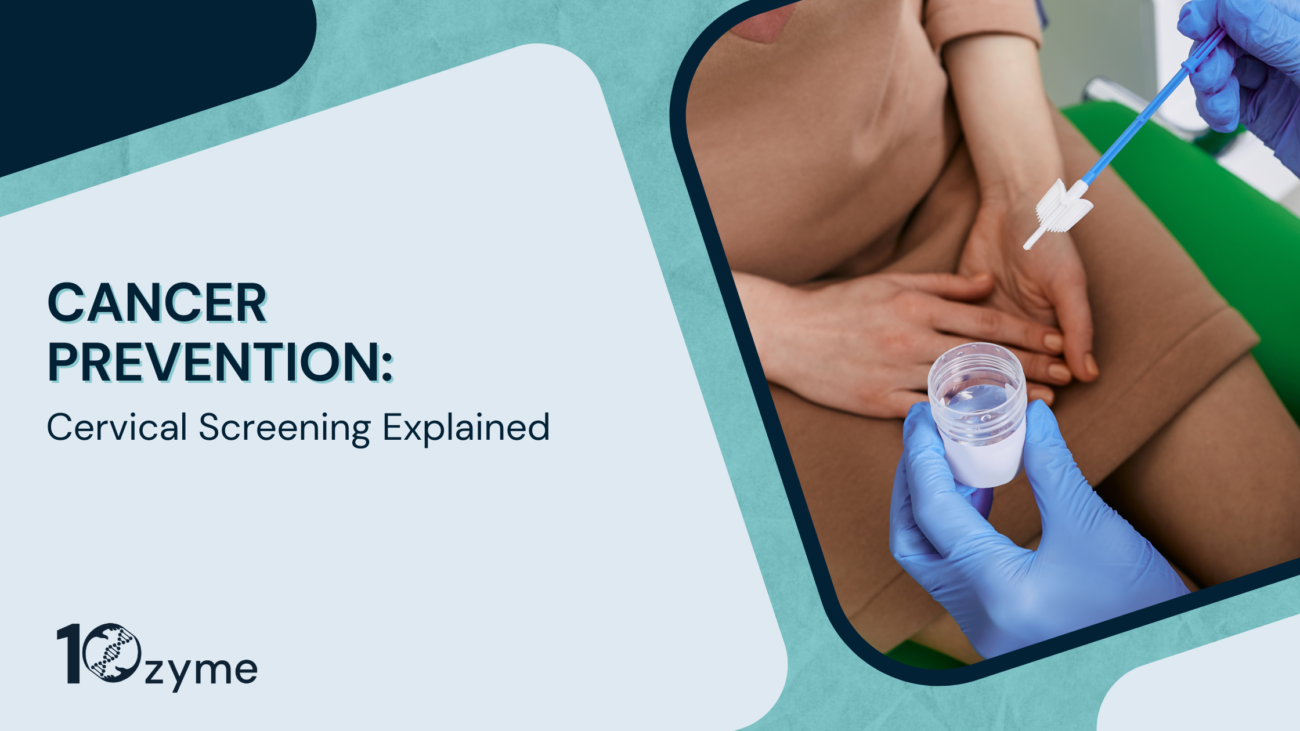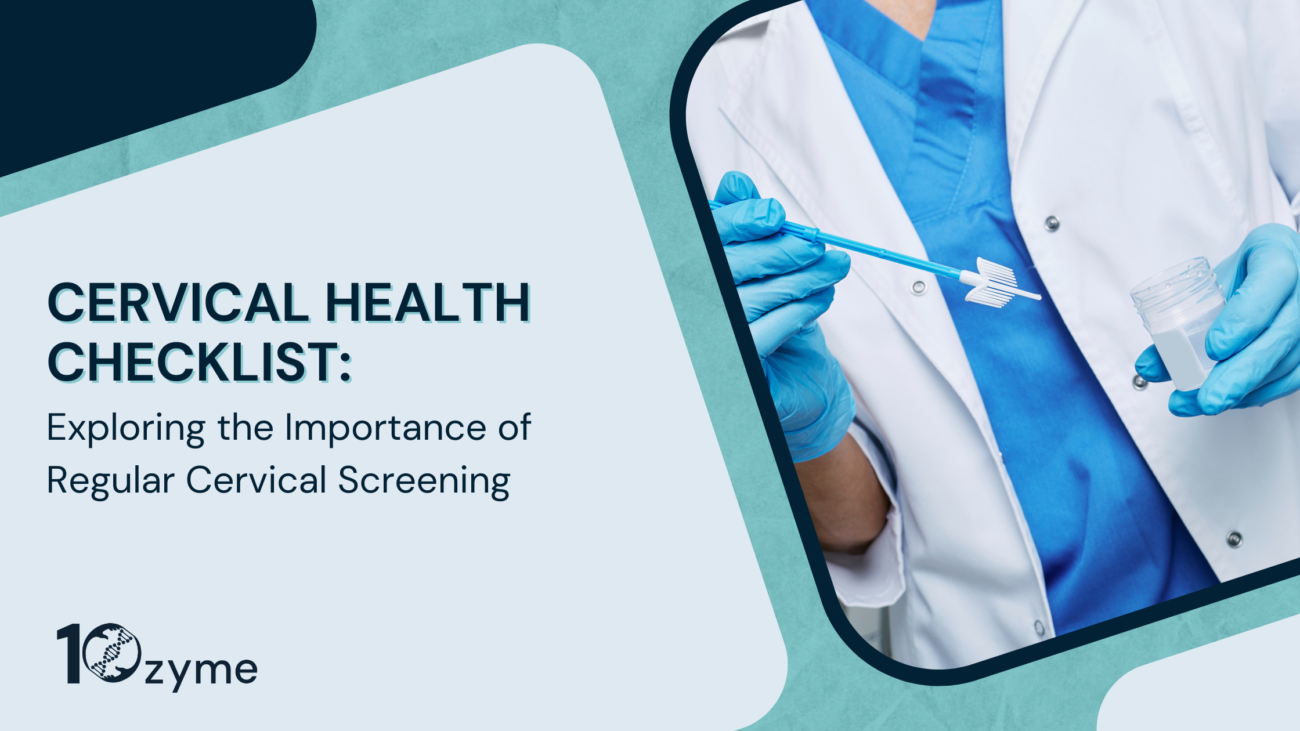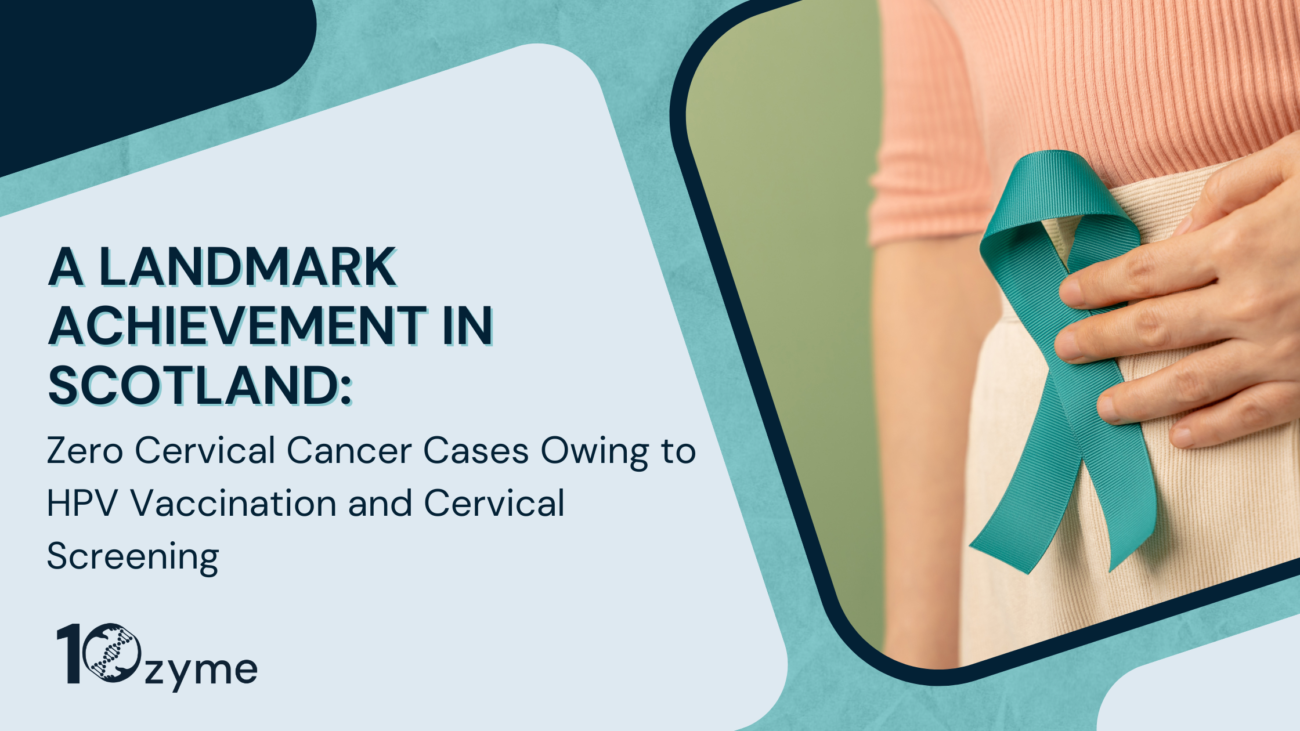Empowering Health: The Essential Guide to Cervical Cancer Screening
In the UK, women are invited by the NHS to undergo cervical screening every few years depending on their age. It is recommended that all women between the ages of 25 to 64 attend regular screenings for an effective prevention against potential health complications that could result from undetected human papillomavirus (HPV) infections1. However, it is crucial to attend an urgent cervical screening appointment much sooner if the person experiences anything unusual or if there is any reason for concern.
According to the NHS’s Cervical Screening Programme, it is recommended that women under the age of 25 attend their first appointment up to 6 months prior to their birthday, then every 3 years until the age of 49; this time interval is then changed to every 5 years thereafter from the ages of 50 to 642. At the age of 65 onwards, it is recommended to do a cervical screen if anything feels out of the ordinary in terms of signs or symptoms.
Cervical cancer is very rare in women under the age of 25, which is why the NHS doesn’t formally invite women under this age. Furthermore, cell changes in the cervix are common in that age group, and they normally return to normal spontaneously without normally posing any risk of becoming cancerous3. Therefore, to go through the whole process of cervical screening would actually put the person through unnecessary distress as a result of the procedure itself or due to ineffective treatment.
While cervical screening is not a particularly pleasant experience for most, if not all, women due to its uncomfortable and intrusive nature, it is a vital diagnostic tool used to maintain the health and safety of a woman by helping prevent potential health complications. Cervical screening checks for the presence of an HPV infection which is responsible for causing cell changes in the cervix, that could potentially develop into cancer if left undetected and/ or untreated over time.
During cervical screening, a small sample of cells is taken from the cervix and tested for HPV. If HPV is detected, the sample will undergo further testing to look for abnormal cell changes. However, if the sample tests negative for HPV, then there would be no need to do anything at this stage, and the person will wait for their next routine appointment as scheduled.
The aim of this diagnostic test is to monitor and manage any abnormal findings through early detection and intervention before the HPV infection has the chance to cause the development of cell changes or cervical cancer4. As with any test, cervical screening does have its own flaws; occasionally, there is a small chance that it could lead to a false positive result, where for example, abnormal changes are detected but without them actually being there. Despite this, as well as the inconvenience and unnecessary stress it causes, cervical screening remains a vital preventative measure that can make a life-changing difference in a person’s life by preventing cervical cancer.
10zyme: Advancing women’s health
We’re developing a groundbreaking self-test with instant results to detect the main cause of cervical cancer: high-risk HPV. Detecting infections early prevents cancer ever developing.
By enabling self-testing, we aim to empower women, overcome stigma and anxiety, and help eliminate a disease killing hundreds of thousands a year globally. See our Education Section to find out more.
Please follow and support us on social media: LinkedIn, Instagram, and TikTok.
References:
- National Health Service (NHS). (2023). Cervical screening. (Online). Available at: https://www.nhs.uk/conditions/cervical-screening/ [Accessed 01/08/2023]
- NHS England. (2023). Guidance: Cervical screening programme overview. (Online). Available at: https://www.gov.uk/guidance/cervical-screening-programme-overview [Accessed 01/08/2023]
- Cancer Research UK (CRUK). (2023). About cervical screening. (Online). Available at: https://www.cancerresearchuk.org/about-cancer/cervical-cancer/getting-diagnosed/screening/about [Accessed 02/08/2023]
- Macmillan Cancer Support. (2023). Cervical screening. (Online). Available at: https://www.macmillan.org.uk/cancer-information-and-support/diagnostic-tests/cervical-screening [Accessed 02/08/2023]


